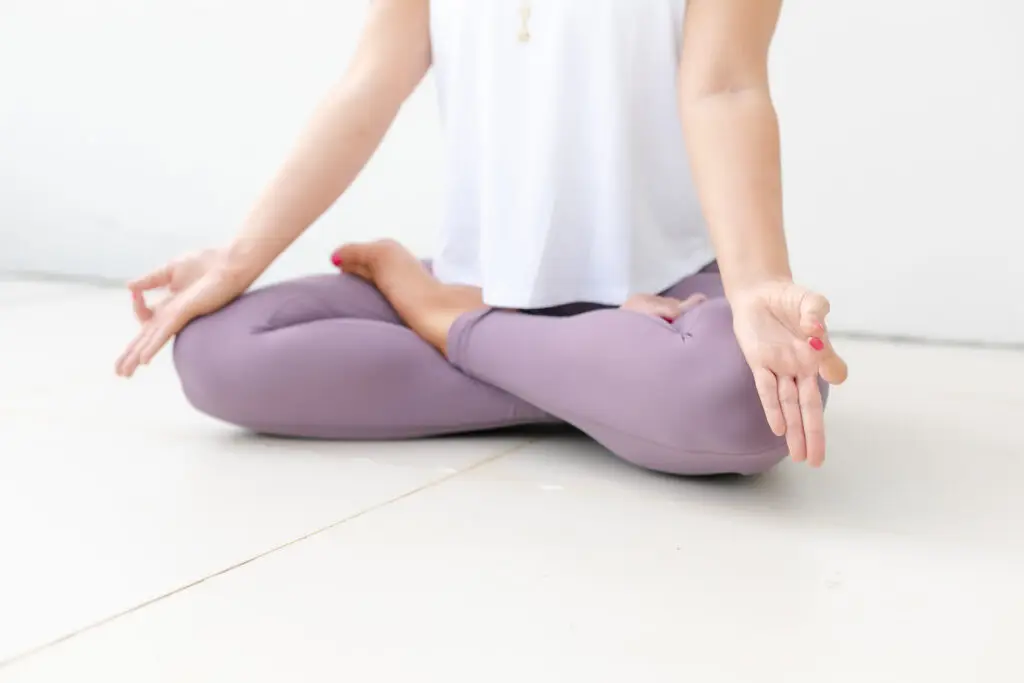Yoga Therapy & Mindfulness: Healing Modalities for Women
Yoga and Mindfulness are powerful modalities that, when integrated into a therapy programme, can offer a holistic and effective approach to healing. I look at the suitability of incorporating elements if these practices into each individual’s therapy programme. These methods work on multiple levels—physical, mental, emotional, and spiritual—to enhance overall wellbeing and resilience. They offer unique benefits, particularly for women, who often bear the brunt of societal and personal pressures and who may experience a range of unique challenges across different life stages.
Yoga Therapy: Moving Towards Healing
Yoga therapy involves the application of yoga practices and philosophy to support individual health and wellness. This modality extends beyond the practice of asanas or physical postures, embracing pranayama (breathing exercises), meditation, and philosophical teachings that nurture a deeper connection with oneself.
Yoga therapy can offer significant benefits for women. Physically, it can enhance flexibility, strength, and balance. Importantly, it can also promote relaxation, help manage stress, and foster a sense of inner peace. Yoga’s impact extends to mental health, with numerous studies demonstrating its efficacy. For example, a review published in the Journal of Clinical Psychology found that yoga could help reduce symptoms of depression, anxiety, and post-traumatic stress disorder (Bosch, 2019).
How Can Yoga and Mindfulness Be Integrated with Counselling?

Mindfulness Therapy: A Journey Within
Mindfulness therapy encourages a non-judgmental awareness of the present moment. This approach can help individuals better manage stress, reduce symptoms of anxiety and depression, and improve overall wellbeing.
For women navigating life’s challenges or transitions, mindfulness therapy can be particularly beneficial. It enables us to pause, tune in to our emotions, and respond thoughtfully rather than reactively. Moreover, it can foster a deeper understanding and acceptance of ourselves, promoting self-compassion and resilience.
Clinical research underscores the benefits of mindfulness therapy. For instance, a study published in JAMA Internal Medicine found that mindfulness meditation could help ease psychological stresses like anxiety, depression, and pain (Goyal, 2014).
Integration of Yoga and Mindfulness into Therapy Programmes
Integrating yoga and mindfulness into therapy programmes offers a comprehensive approach to healing.
From a psychological perspective, these modalities, when combined with talk therapy, can enhance emotional processing, promote stress management, and provide tools for self-regulation. Physically, yoga can alleviate symptoms associated with stress and tension, such as sleep disturbances and chronic pain.
Moreover, both yoga and mindfulness foster self-awareness and self-acceptance, crucial elements for personal growth and healing. They provide a space for introspection, allowing us to explore our inner landscapes, recognize unhelpful patterns, and cultivate healthier ways of relating to ourselves and the world around us.
What Do Yoga and Mindfulness Therapy Look Like?

In my Yoga and Mindfulness Therapy sessions, I weave together my extensive experience in guiding women throughout life, creating a holistic healing journey tailored uniquely to you.
Our journey together begins with an open dialogue, where I aim to understand your personal struggles, aspirations, and experiences. This insight informs our approach, allowing me to focus on the areas most beneficial for your growth.
As a seasoned Yoga Master, I integrate yoga practices and techniques into our sessions that are specifically designed to bring physical, emotional, and mental balance. Yoga is more than just physical exercise and doesn’t necessarily mean that we’ll be rolling out a yoga mat; it’s a practice that connects the body, mind, and spirit. The yoga practices we choose from will contribute to your emotional and mental well-being.
Mindfulness is about being fully present in each moment, offering a profound sense of calm and clarity. This practice helps you to be more attuned to your thoughts, feelings, and physical sensations without judgement, enabling you to manage stress, handle challenging situations, and fully engage with life.
Clinical research supports the efficacy of these modalities, adding to a growing body of evidence demonstrating their value in mental health treatment. Yet, beyond the research, the lived experiences of countless women attest to their transformative power.
